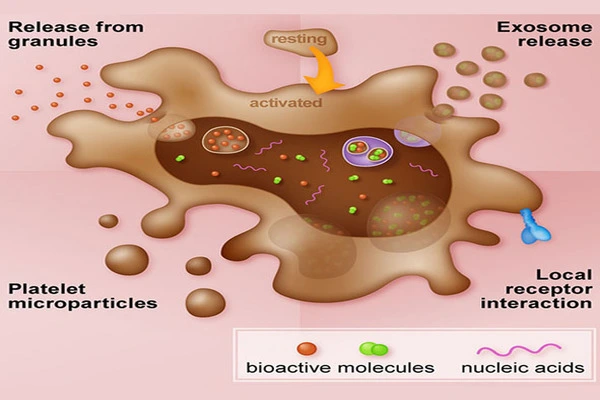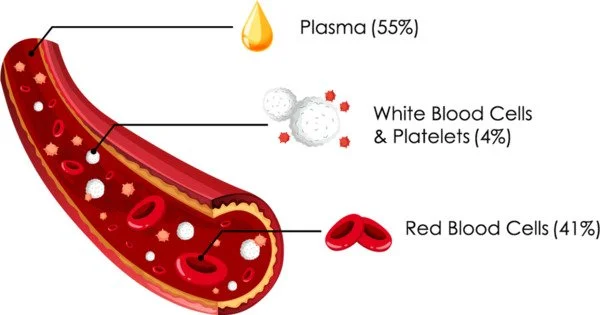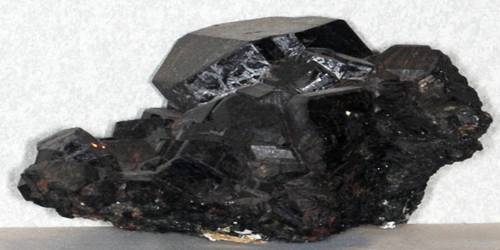Platelets are blood cells that are largely responsible for blood clotting. They do not duplicate the cognitive benefits of exercise. Exercise has multiple well-documented benefits for the brain, including enhanced cognitive performance, increased blood flow, and the release of various neurochemicals that promote brain health, such as endorphins and brain-derived neurotrophic factor (BDNF).
Researchers discovered that a certain blood factor injection can mimic the advantages of exercise in the brain. Platelets secrete a protein known as exerkine CXCL4/Platelet factor 4 (PF4), which rejuvenates neurons in old mice in a manner comparable to physical activity. When injected into aged animals, this protein, which is generated from platelets after exercise, resulted in regenerative and cognitive gains.
Pre-clinical trials by University of Queensland researchers have found an injection of a specific blood factor can replicate the benefits of exercise in the brain.
We know that exercise increases the production of new neurons in the hippocampus, which is important for learning and memory. Our previous research has shown that platelets are involved, but this study shows that platelets are actually required for this effect in the aged mice.
Dr. Odette Leiter
Dr. Odette Leiter and Dr. Tara Walker of the University of Queensland’s Queensland Brain Institute led a team that discovered platelets, tiny blood cells essential for blood clotting, secrete a protein that rejuvenates neurons in old mice in a similar fashion to physical activity.
“We know that exercise increases the production of new neurons in the hippocampus, which is important for learning and memory,” Dr. Leiter explained. “Our previous research has shown that platelets are involved, but this study shows that platelets are actually required for this effect in the aged mice.”
The researchers focused on exerkines, the biological compounds released into the bloodstream during exercise, which are believed to stimulate the exercise-induced response in the brain.

“We discovered that the exerkine CXCL4/Platelet factor 4 or PF4, which is released from platelets after exercise, results in regenerative and cognitive improvements when injected into aged mice,” explained Dr. Leiter.
According to Dr. Walker, the findings have important implications for the development of medication therapies.
“Many people with health conditions, mobility issues, or advanced age are unable to exercise, so pharmacological intervention is an important area of research,” she explained. “We can now target platelets to promote neurogenesis, enhance cognition, and counteract age-related cognitive decline.”
The researchers said the next step is to test the response in Alzheimer diseased mice, before moving towards human trials.
“It’s important to note this is not a replacement for exercise,” Dr Walker said. “But it could help the very elderly or someone who has had a brain injury or stroke to improve cognition.”
















